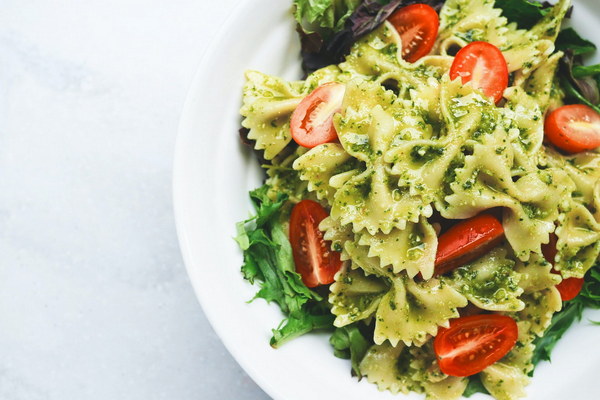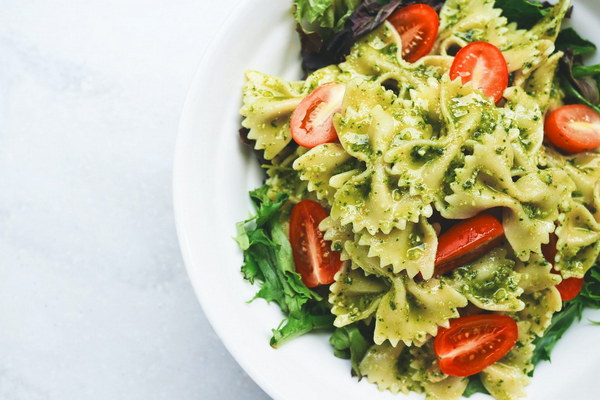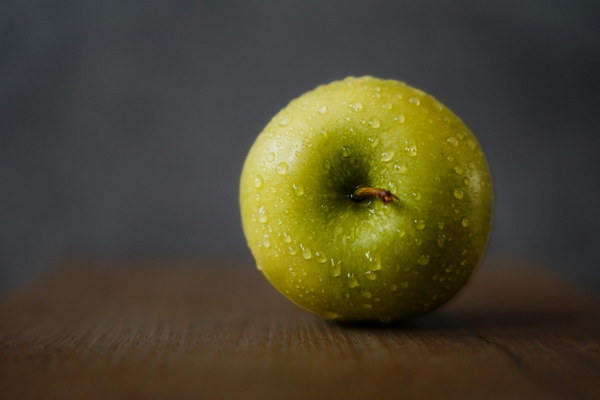Can Pigeon Soup Really Clear Your Lungs
In the realm of traditional Chinese medicine, pigeon soup is often hailed as a potent remedy for a variety of ailments, including respiratory issues. The question on many people's minds is: Can pigeon soup really clear your lungs? Let's delve into the science and folklore surrounding this controversial dish.
The Legend of Pigeon Soup
Pigeon soup has been a staple in Chinese cuisine for centuries, particularly during the winter months when respiratory ailments like colds, flu, and bronchitis are more prevalent. The legend goes that pigeon soup can provide relief from respiratory conditions due to its purported ability to nourish the lungs and strengthen the immune system.
The belief in the lung-cleansing properties of pigeon soup is rooted in traditional Chinese medicine (TCM), which holds that certain foods can have a direct impact on the body's organs and their associated functions. According to TCM, pigeons are considered to have a cooling and nourishing effect on the lungs, making them an ideal food for those suffering from respiratory problems.
The Science Behind Pigeon Soup
While the legend of pigeon soup's lung-cleansing abilities is compelling, the scientific evidence is less convincing. The main components of pigeon soup are typically chicken and pigeon meat, accompanied by a variety of herbs and spices. Let's take a closer look at the potential benefits of these ingredients:
1. Chicken: Chicken is a rich source of protein, which is essential for tissue repair and immune system function. Additionally, chicken contains antioxidants and other nutrients that may help protect the lungs from oxidative stress.
2. Pigeon: Pigeon meat is believed to have cooling properties and is often used in TCM to nourish the lungs. However, there is limited scientific research to support these claims.
3. Herbs and Spices: Herbs such as goji berries, astragalus, and ginger are commonly added to pigeon soup. These herbs have been shown to have anti-inflammatory and immune-boosting properties, which may provide some relief for respiratory conditions.
Despite these potential benefits, it's important to note that pigeon soup is not a cure-all for lung conditions. While the dish may offer some relief for respiratory issues, it is unlikely to replace conventional medical treatments.
Considerations for Consumption

If you're considering pigeon soup as a remedy for your respiratory issues, here are a few things to keep in mind:
1. Consult with a healthcare professional: Before trying pigeon soup or any other alternative remedy, it's crucial to consult with a healthcare professional, especially if you have underlying health conditions or are taking medication.
2. Quality of ingredients: Ensure that the pigeon soup you consume is made with high-quality, fresh ingredients. Herbs and spices should be sourced from reputable suppliers.
3. Moderation: While pigeon soup may offer some benefits, it's important to consume it in moderation. Overindulgence in any food can lead to health issues.
In conclusion, while the legend of pigeon soup's lung-cleansing abilities is widespread, the scientific evidence is limited. While the dish may offer some relief for respiratory conditions, it should not be considered a substitute for conventional medical treatments. As always, consult with a healthcare professional before trying any new remedy.









